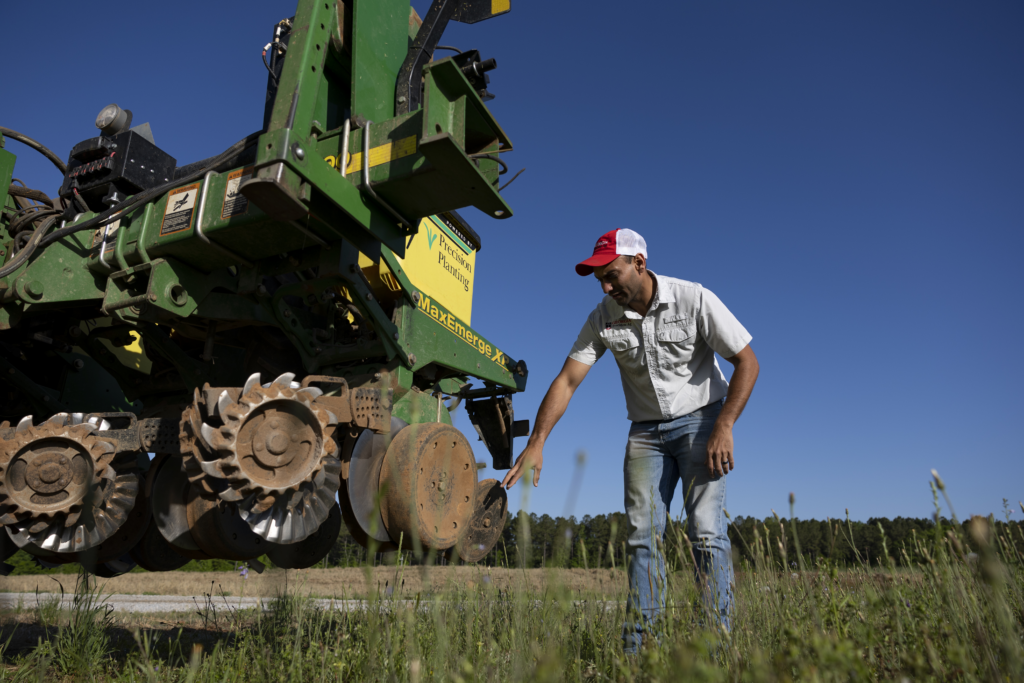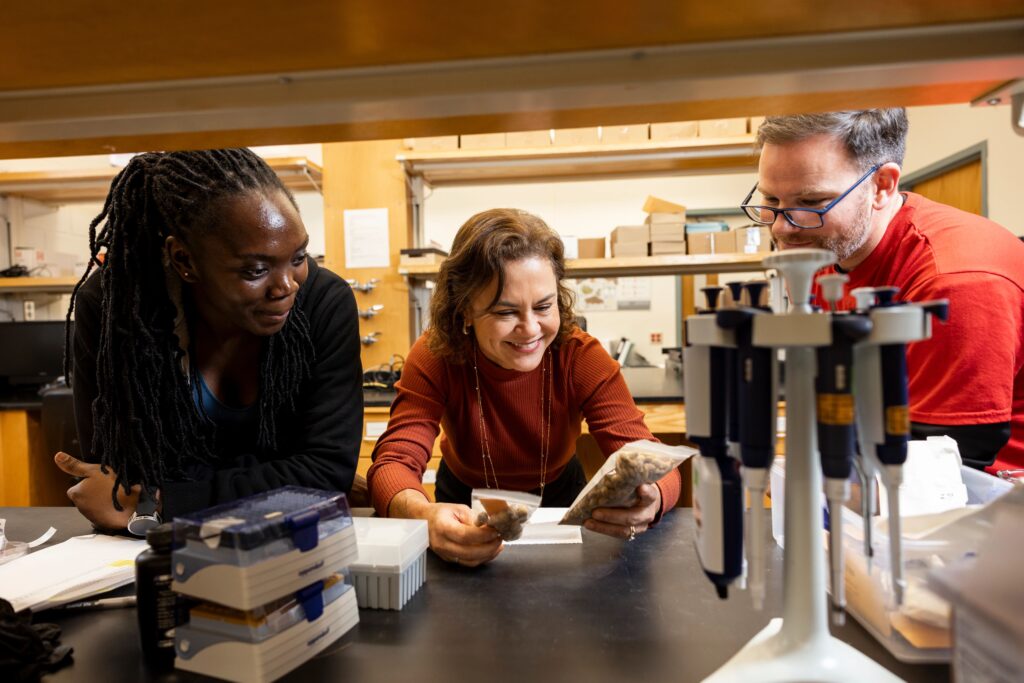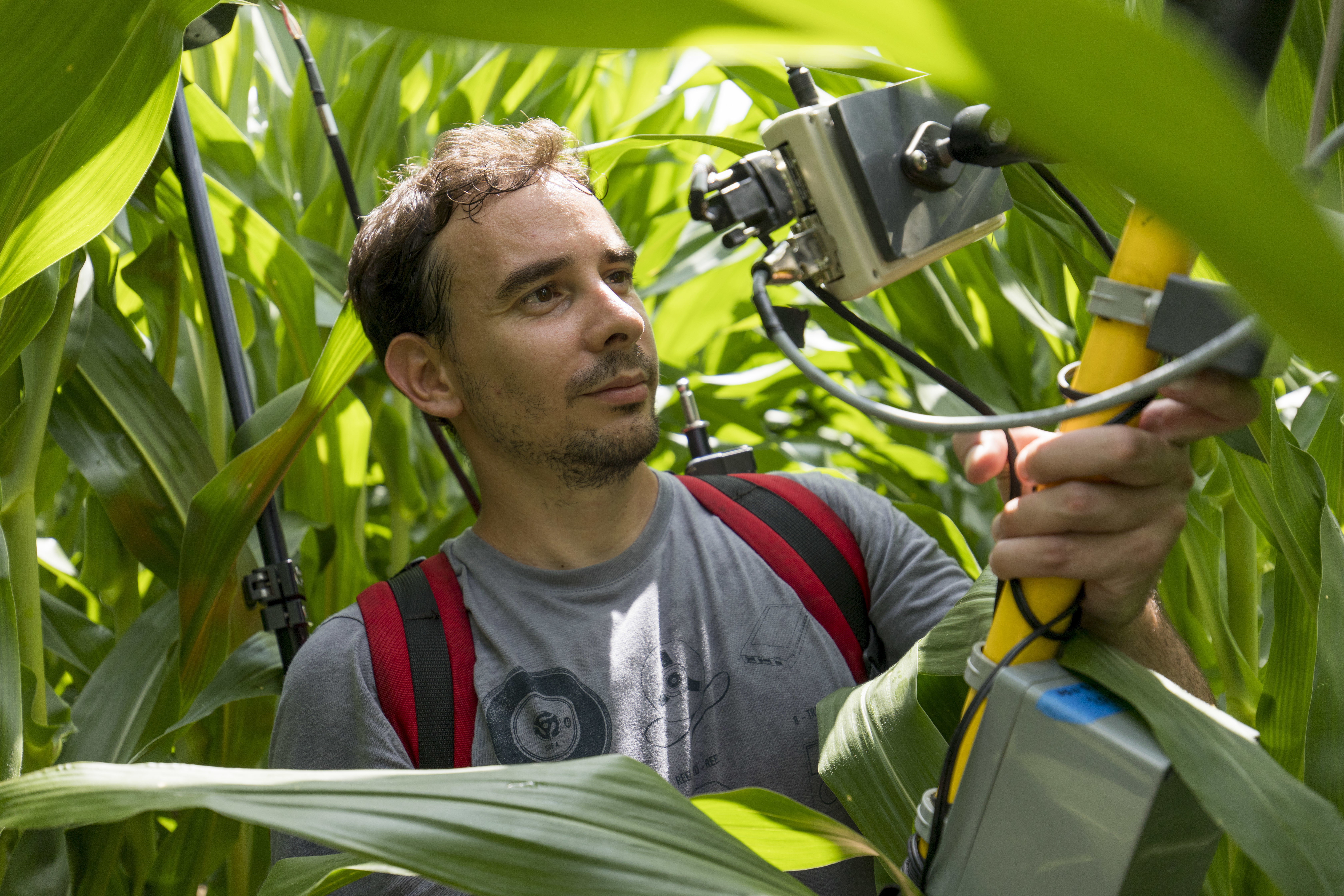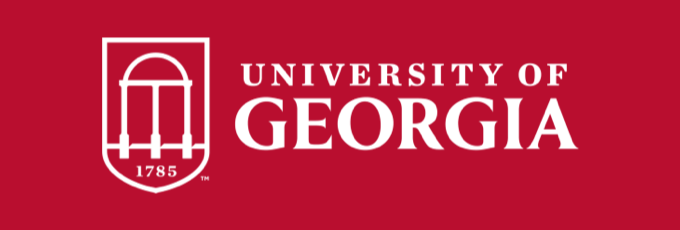As we navigate the 21st century, humanity grapples with a multitude of challenges. By 2050, the United Nations estimates the global population will balloon to nearly 10 billion, while a changing climate, evidenced by record-breaking heatwaves and rising sea levels, disrupts weather patterns and ecosystems. This ever-increasing strain on resources, from water to arable land, demands innovative solutions. Robust graduate programmes in agriculture and environmental sciences are the cornerstone for equipping students with the specialised knowledge and research skills needed to cultivate a sustainable tomorrow.
At the University of Georgia (UGA) College of Agricultural and Environmental Sciences (CAES), faculty and staff are actively building a more sustainable future for generations to come. By merging traditional agricultural practices with cutting-edge technologies, they confront the growing challenges facing our planet, from a surging population to climate change and resource scarcity.
Located in the heart of Athens, Georgia, a top-ranked college town by USA Today, CAES provides a rigorous curriculum for its graduate students. Across three campuses throughout Georgia, students gain firsthand experience from leading researchers. These include poultry science experts securing global food supply, plant scientists using integrative precision agriculture to sustainably provide for our planet’s growing population, regenerative bioscientists developing new methods to treat stroke and Parkinson’s, and many more. CAES students work with these experts, gaining crucial exposure and experience with the latest breakthroughs.

The CAES faculty and staff are dedicated to advancing innovation in agricultural and environmental sciences. Source: University of Georgia
And what they learn isn’t limited to one discipline. CAES works with UGA experts in plant science, animal health, engineering and computer science to formulate collaborative projects like the Institute for Integrative Precision Agriculture to increase production levels while promoting environmental sustainability. Meanwhile, CAES plant pathologists are ensuring the economic viability of Georgia’s agricultural industry through applied research and developing best practices for disease management. Their research contributes to national and global food security by minimising crop losses.
With so much potential for transformative innovation, it’s little wonder that many students choose to study at CAES. “The welcoming and supportive staff, combined with the opportunity to acquire an education of the highest quality, make CAES a place like no other,” said Olivia Cook, an agribusiness and agricultural and applied economics major. “I have been able to find my place both academically and as a member of the tight-knit CAES community here at the University of Georgia.”
UGA offers leading research programmes on its Athens, Griffin and Tifton campuses. The Department of Poultry Science offers three graduate programmes that provide specialised training in areas like physiology, genetics, nutrition and product technology culminating in master’s or doctoral degrees. Students also can participate in business courses, giving them a unique understanding of applied and general science alongside business, marketing and accounting. The department’s flexible coursework, extensive research enterprise, and hands-on teaching approach have led to a 100% job placement rate for graduates and some of the highest acceptance rates to graduate and professional schools.

UGA CAES graduate programmes enable students to use advanced research methods, make discoveries, and leverage leading-edge technology to advance agriculture and environmental sustainability. Source: University of Georgia
With more than a century of service to the industry and a brand new, state-of-the-art 70,000-square foot Poultry Science Building, the UGA Department of Poultry Science is positioned to continue its excellence in poultry education. This leadership is a point of pride and enthusiasm for CAES Dean and Director Nick T. Place.
“At UGA, we have been conducting transformational poultry research, instruction and Extension outreach for decades — research that has changed the way the poultry industry operates, instruction that equips the next generation of leaders, and outreach that supports industry and producers at all levels, from the individual to the corporation,” he said.
The Food Science and Technology programme bridges the gap between farm and table, applying scientific principles across the entire food chain. Food science students learn the science and skills needed to contribute to global health through the development of innovative food products that are flavourful nutritious and ensure the safety and sustainability of food systems. While coursework is completed on the Athens campus, exciting research opportunities exist at the UGA Griffin campus. There, students can work on projects involving foodborne pathogen inactivation and contamination studies, sensory evaluation, and advancing technologies for food processing and product development.
Researchers at the Centre for Food Safety analyse foodborne pathogens and experts in veterinary medicine, science and engineering at the Regenerative Bioscience Centre are using nanotechnology to repair and regenerate damaged tissues. It’s here that candidates in the doctoral programme in regenerative bioscience can forge their own scientific pathways. The centre offers advanced interdisciplinary training opportunities in biomanufacturing cellular therapies and tissues, biomaterials for tissue engineering, gene therapy, biomedical imaging, and biomedical computation.
Learn more about what the College of Agricultural and Environmental Sciences offers on the website.
Follow the UGA College of Agricultural and Environmental Sciences on Facebook, X, YouTube, LinkedIn and Instagram













